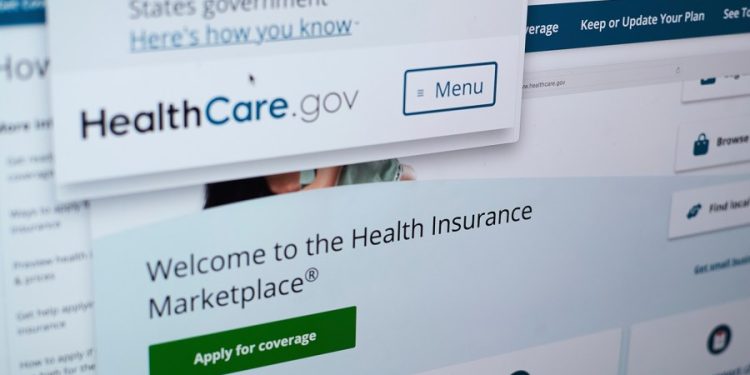With ObamaCare insurance options opening up for enrollment on Saturday, one group of Americans could see their monthly premiums go up should tax credits expire at the end of the year.
Americans 60 years and older with an income of $65,000 will pay $920 more a month in 2026, according to estimates from the health research nonprofit KFF analyzed by The New York Times. That means monthly premiums will be $1,380 should the tax credits expire. If extended, monthly premiums in 2026 will be $460.
With the tax credits, Americans in this category can receive $866 in financial help, which covers 65 percent of monthly costs with the silver plan.
How much Americans will pay varies based on the counties they live in, their age and how much they receive as their income.
Americans aged 60 and older who make $65,000 who live in more rural states like Montana, Texas and New Mexico could see higher premiums. Some West Virginia residents will have to spend $1,544 more per month if the tax credits expire, compared with the $460 paid with the tax credits in effect, according to KFF’s online calculator.
Lower earners would lose their free insurance. Americans who make less than $27,000 would pay $66 a month should subsidies expire.
People earning $35,000 will see a $132 increase compared to the $86 they would spend should subsidies be extended into 2026.
The fight over not letting Affordable Care Act (ACA) tax credits expire has been central to the standoff over the government shutdown. Extending the subsidies would cost the federal government around $23 billion in 2026 and about $350 billion over the next 10 years, according to the Congressional Budget Office (CBO).
Had Congress extended tax credits on Sept. 30, premiums for the 2026 plan would be 2.4 percent lower than baseline projections, CBO Director Phillip Swagel wrote in a memorandum to congressional leaders on Sept. 18, 12 days before the shutdown.
“CBO estimates that an enactment date later than September 30 would result in lower costs to the federal government and smaller increases in 2026 enrollment than those presented here,” Swagel wrote.
Democrats want to negotiate on keeping tax credits rolling into next year. Republicans argue that that can happen once Democrats agree to funding the government.
But these negotiations are likely too late.
“I would strongly say if there’s going to be a big policy conversation about marketplace affordability, it’s too late to do that for 2026 coverage, and it should be done for 2027 coverage,” Jessica Altman, executive director of Covered California, previously told The Hill.
The longer it takes for lawmakers to make changes to the ACA tax credits, “the more burdensome it will be to marketplaces and consumers, and the more messy it will be,” she said.
Almost 4 million fewer people will have marketplace plans in a decade should subsidies expire, according to the CBO.















